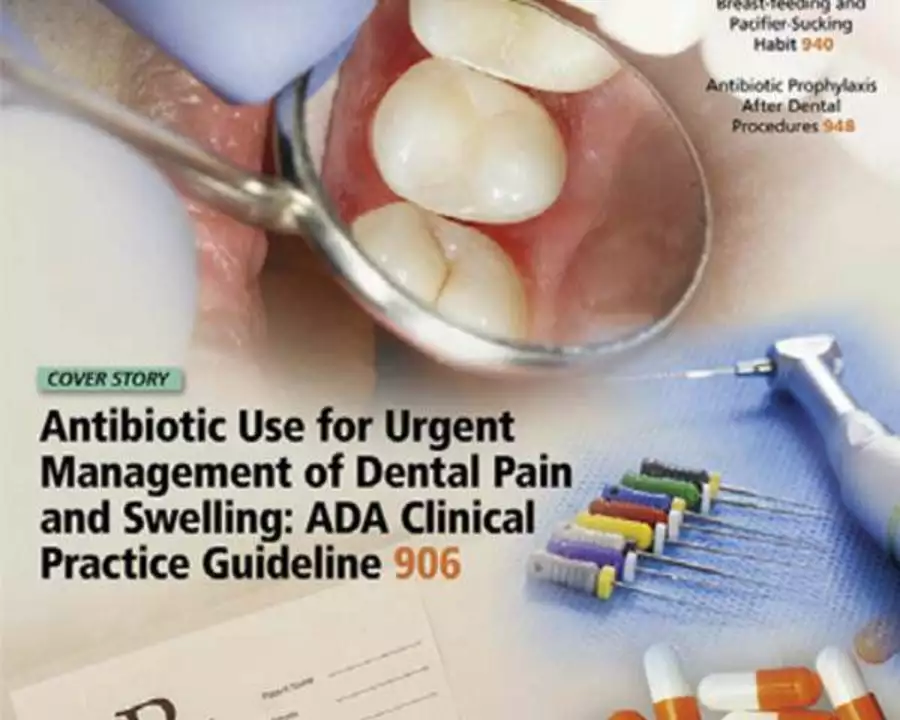Acetaminophen: What It Does and How to Use It Safely
Acetaminophen is one of the most common medicines people turn to for easing pain and reducing fever. Whether you have a headache, sore muscles, or just feeling under the weather, it's likely acetaminophen could help. But like any medicine, it’s important to know how to use it right.
This drug works by blocking certain chemicals in the brain that signal pain and temperature. Unlike ibuprofen, for instance, it doesn’t reduce inflammation but is gentle on your stomach, making it a go-to for many.
When and How to Take Acetaminophen
Most folks take acetaminophen for mild to moderate aches and pains — things like toothache, back pain, or a fever from a cold. It usually starts working within 30 to 60 minutes and lasts about 4 to 6 hours. You can find it in lots of forms like tablets, liquid, or even chewables.
Always check the label for the right dose. Adults shouldn’t take more than 3,000 to 4,000 mg a day, and kids need doses based on their weight. Overdosing can lead to serious liver damage, so don’t take extra doses if you’re also using other meds that contain acetaminophen.
What to Watch Out For
Acetaminophen is safer when used as directed, but there are some red flags. If you drink alcohol heavily or have liver problems, talk to your doctor before using it. Also, don’t mix it with other drugs without checking labels carefully — many cough, cold, and flu remedies contain acetaminophen too.
If you notice symptoms like unusual tiredness, stomach pain, dark urine, or yellowing skin, stop using it and get medical help. These can be signs of liver trouble.
In short, acetaminophen is a helpful and effective medication for everyday pain and fever. Just remember to stick to the recommended doses, read your medicine labels closely, and ask a healthcare professional if you’re unsure. Your body will thank you!
Acetaminophen and Liver Disease: Safe Dosing to Avoid Hepatotoxicity
Acetaminophen is the leading cause of acute liver failure in the U.S. If you have liver disease, even small doses can be dangerous. Learn the safe limits, hidden sources, and what to do if you overdose.
Acetaminophen and pets: Is it safe for your furry friends?
As a loving pet owner, I know the importance of keeping our furry friends safe and healthy. One question that often comes up is whether acetaminophen, a common pain reliever and fever reducer, is safe for pets. Unfortunately, the simple answer is no - acetaminophen can be extremely dangerous for our pets, particularly cats and dogs. Cats are extremely sensitive to acetaminophen, and even small amounts can lead to severe poisoning and even death. Dogs can also suffer from acetaminophen toxicity, although they are generally more resistant than cats. Symptoms of acetaminophen poisoning in pets include vomiting, lethargy, difficulty breathing, and swelling of the face or paws. If you suspect your pet has ingested acetaminophen, it is crucial to seek immediate veterinary care. Treatment may include activated charcoal to prevent further absorption, medications to counteract the toxic effects, and supportive care to manage symptoms. In summary, it's essential to keep acetaminophen out of reach of our pets and to always consult a veterinarian before giving any medication to our furry friends.
The role of acetaminophen in managing dental pain
As a copywriter, I've recently been researching the role of acetaminophen in managing dental pain. I've found that acetaminophen, commonly known as Tylenol, is a widely used over-the-counter pain reliever and fever reducer. It's often recommended by dentists to help patients manage their discomfort after dental procedures or when experiencing toothaches. I've learned that acetaminophen works by blocking the production of prostaglandins, which are chemicals in our body that cause pain and inflammation. By doing so, it effectively relieves dental pain and helps to reduce any swelling or discomfort we might experience. This makes it a popular choice for dentists and patients alike. However, it's important to note that acetaminophen should be used only as directed and not taken in excess. Overdosing on acetaminophen can lead to serious side effects, such as liver damage. In addition, it's crucial to consult with your dentist or healthcare professional if your dental pain persists or worsens. In summary, acetaminophen plays a significant role in managing dental pain, providing relief and comfort for patients. By using it responsibly and under the guidance of a healthcare professional, we can ensure our dental health and well-being are maintained.













